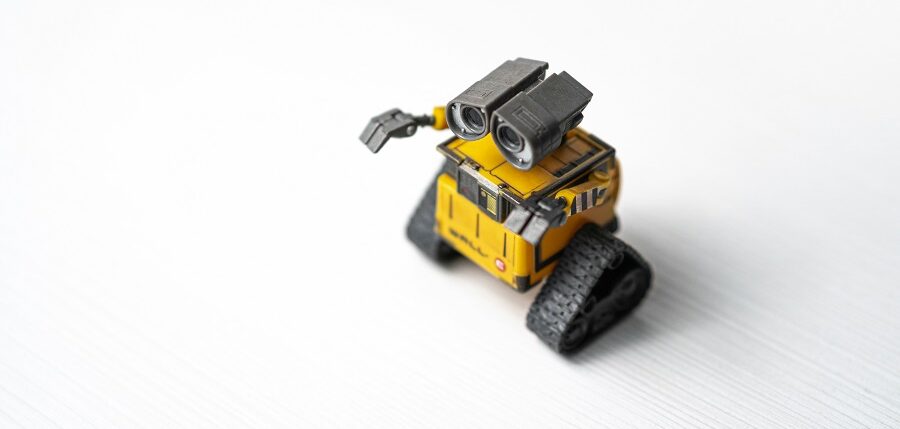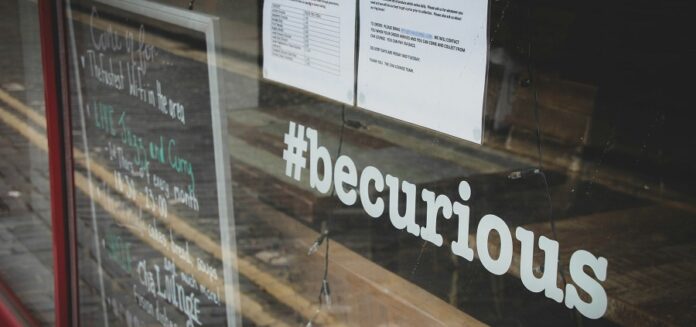By Sophia Machaira,
The rise of generative AI has been all over the news and it shall remain top place in the headlines for a while. It is nothing sort of extraordinary to see natural language be understood and transformed by computers at such great speed. A concern regarding this phenomenon, which is not yet being thoroughly discussed, is how it could affect our curiosity. There also appears to be a childhood movie that delves into this topic!
Curiosity is often the most positive driving force behind discoveries, defined by the willingness to learn and see what will arise. Even if the result is not always satisfying, the journey continues to be considered a worthwhile experience. In contrast, the use of generative AI in more and more tasks reveals that ease of use is currently valued much higher. Therefore, there is little to no research or active work, to the extent that most users do not look into prompt engineering either. For context, prompt engineering is the process of refining the input given to generative AI models in order to get a more precise outcome.
One could argue that the advancements made in the field of artificial intelligence are made due to curiosity. I would agree to disagree. On a global scale, there has yet to be proper AI usage regulations. It would appear that the main reason behind the leaps in technology is profit. Not only the financial need to produce in larger quantities- even if it sacrifices the quality of each product- but also the urge to save both time and resources. More specifically, there is a desire to divert our attention from many interests that older generations cared for deeply. The ease of ΑΙ use allows each person to accomplish more things than ever and slowly diminishes the necessity of manual labor.
Despite the above facts, a plethora of people dip their toes in the arts and crafts. Not only that, but the creative world tends to refrain from taking advantage of the given technologies. This is mostly due to the very loose copyright laws. Still, the process of making something can provide high levels of both joy and satisfaction, no matter how much worse the result might be compared to its store-bought equivalent. The sense of pride and achievement of manual labor is irreplaceable. However, one great benefit, thanks to the internet, is the immediate connection between the artist and their audience. Yet, when taken too far, it can extinguish the artist’s privacy.

The thought process behind the creation of Pixar’s animated science fiction movie Wall-E provides further speculation on the matter. The protagonist, Wall-E, is an AI whose intentions and code have always been to help the greater good. Wall-E shows greater levels of curiosity and “humanity” than the alienated humans themselves. Alienated in the sense that they are both away from planet Earth and socially isolated from one another. In the final scenes of the movie, the humans, after being raised in the luxury of comfort and idleness, are deeply inspired to put more effort into making their lives more diverse. It is worth pointing out that the “villain”, aka the AI created to provide every possible luxury to humankind, was always following the directions humans gave it. One of the multitude of meanings of the movie is that relying entirely on machines, while doable, is not necessarily prosperous for our well-being. To continue evolving technology in this direction is not inherently positive nor negative- it merely carves out a path of least resistance for us to follow. Thus, it is the existence of such a larger-than-life system that deprives us of the need to behave independently of it.
Every new AI that aims to minimize human effort is threatening the jobs of many, but simultaneously attempts to replace the value of knowledge. A generation that is overdependent on self-correcting AI might be underway. The new norm could be to remain unaware of how wonderful it feels to discover concepts in a meticulous manner, instead of being spoon-fed information in a very specific way. Whilst uniformity and order are most optimal, human error is the most crucial factor in everyday living. It is what shapes each individual, it is how we learn. Cutting corners and finding shortcuts is okay only to an extent. The line in the sand is the freedom to choose how to work using our own methods, even if the AI does not have enough training and test data to evaluate them.
References
- What is prompt engineering? techtarget.com. Available here
- Wall-E as Sociological Storytelling. Pop Culture Detective. Available here




